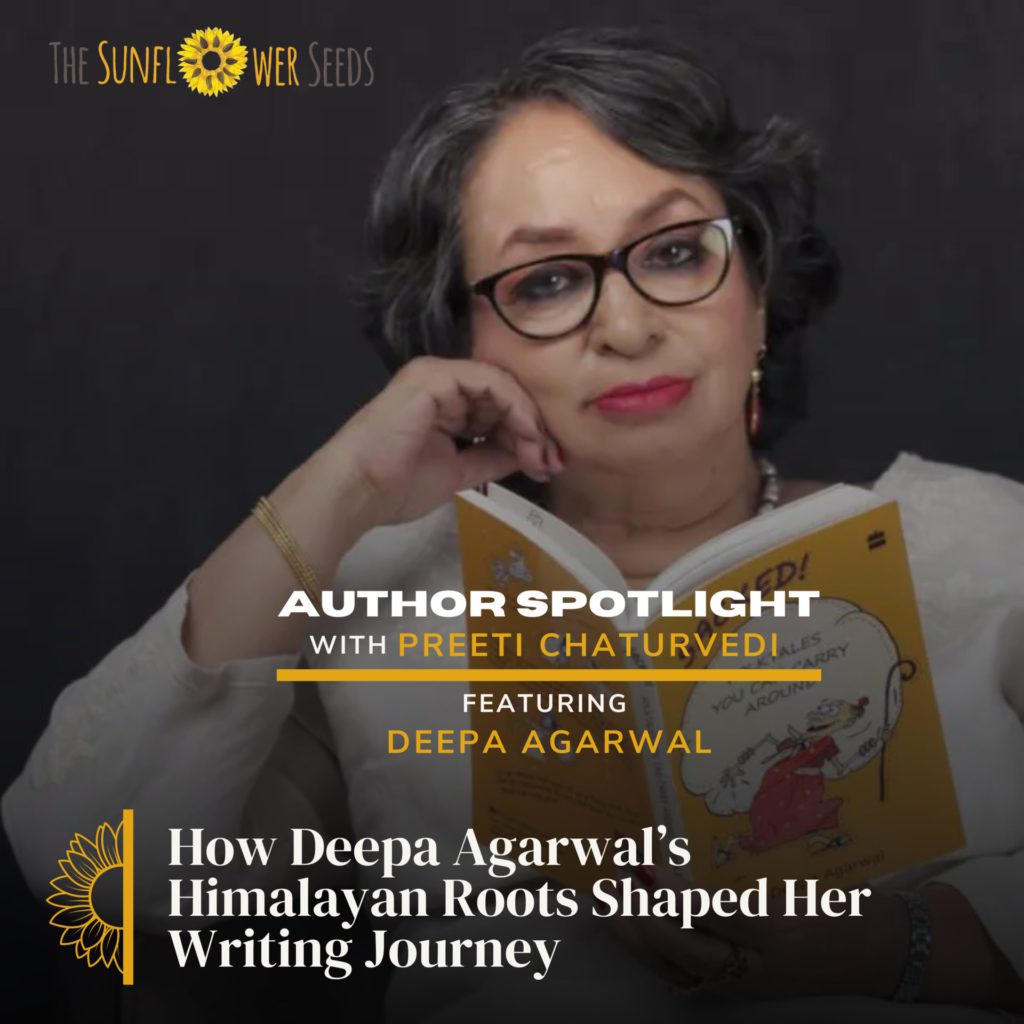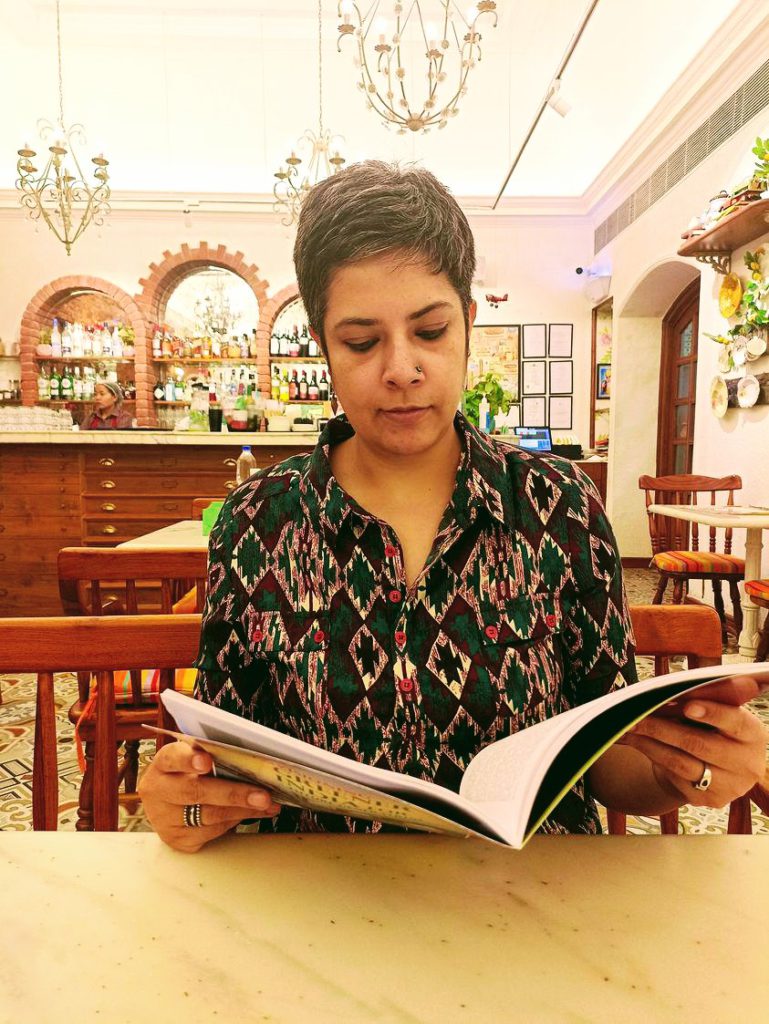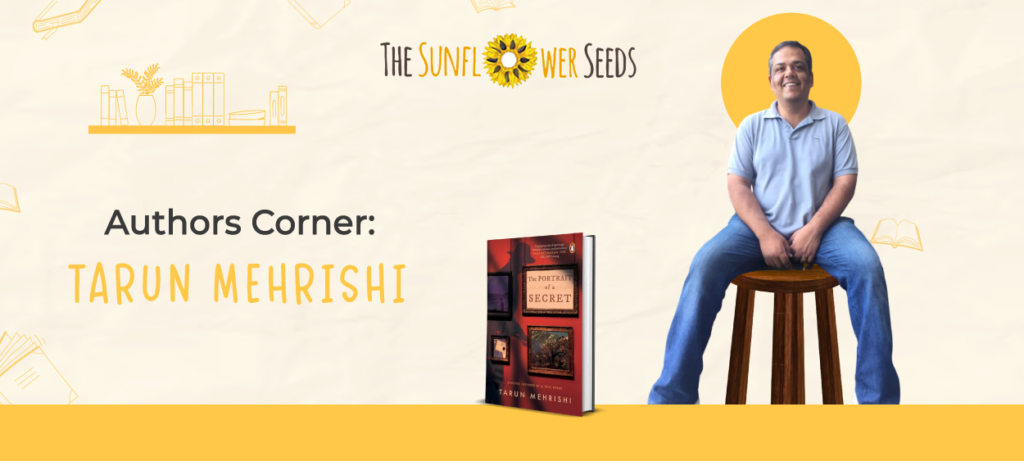“I feel that people need to come together and realize the importance of having an independent store because it’s the voice of dissent and you need that in society.”
You’ve in Kolkata and have finally visited Earthcare Books, the bookstore which is raved about online, but doesn’t seem to advertise much. Their own website is mysterious but everyone who’s visited has praised the experience no end.
They are two rooms, connected by an arched doorway, lots of well-stocked and well-organised bookshelves and a homey vibe. But there are no bestsellers or book lists based on International awards. All the books in the store seem to be about nature, society and all seem to encourage you to live better.
Don’t worry, there’s fiction too
All those in the store are well-versed in all the stock. In fact, you might even meet Vinita Mansata or Bharat Mansata, the husband and wife duo who set up the bookstore, and the publishing house. But they might be busy with one of their other ecological ventures too.
They might be in Vanvadi, a regenerated forest in Maharashtra that they were a big part of creating. They practice what they preach and would love to talk to you about it.
In this interview, Vinita Mansata tells us about her bookstore:
How did you come up with Earthcare books? Do share the fascinating history behind it
So when we started, it was not Earth care. We started with the thought of having a place where new ideas emerge, people meet, and we could offer the best of Literature of theatre, cinema, books on humanities or social sciences. So it was not so much the ‘earth care’ aspect or the ecological aspect of the work that we are involved in now. Our intention was to have a bookstore which would have the best of all these.
In the late 80s and early 90s we came across a lot of material on the subject, so that is where we thought we should place our energy.
The bookstore is known for its environmental books, amongst others.
There are books on natural cures or natural hygiene, on ecological agriculture. We publish on these issues and try to also source books on these subjects.
There’s a section on Dalit issues which I feel is important to talk about and then on gender, which I feel also needs discussion. There is also a fiction section.
How do you curate these books?
Because of the Internet, it is easy to research them. Also, we constantly get notifications – publishers send us information, and we have distributors of various mainstream publishers and they keep sending us emails too, sometimes even samples of books that are published.
And with that information, I make the choice on the books. Because it’s a selection that one has at the bookstore. It’s not a collection.
So the idea, the mantra behind the curating is what we feel people should read. Otherwise then one would just collect mainstream, pulp fiction etc.
Do you keep anything other than books to help people choose a more natural way of being? Are you thinking of stocking it?
We have a room where we keep products made by small enterprises, self-employed people, women’s organizations, products that are handmade etc etc. At one time we had a lot of wooden toys also because I love wooden toys and I feel that they are great to give children as they encourage imagination.
It’s hard for Indie bookstores to compete with the ease of online shopping. What do you do to stand out?
It’s become bad! These days people just read about a book and it’s so easy to go to Flipkart and Amazon to get the book. Also often, people just look at prices.
So as a society, I feel that people need to come together and realize the importance of having an independent store because it’s the voice of dissent and you need that in society.
You know, years ago I had this little incident.
Before Amazon came into our lives, Amazon was already there outside India, in the UK and the US. So this guy from England had come to the bookshop, we always receive a lot of readers from outside. They come to India during the winter months and through Lonely Planet and all the other travel guides which write about us and just come looking for us, because many of the independent shops have closed down and they like independent stores.
So this guy said, “Even if the corner bookshop charges me more, I will still pay more than pay Amazon.”
I did not understand at that time what he meant.
I understood when Amazon came and when Amazon came to India, because there is no voice of dissent within Amazon. It’s all about what sells.
What are the difficulties of running a bookshop with such a clear USP?
See, it is difficult to run a bookstore anyway nowadays. In fact, I would say that with a clear USP we we also have other books, I told you it’s a curated bookstore.
It’s not a large collection, it’s a selection and people like that. In fact, for the books that we publish and we distribute, which you will find on our website, people like it because they don’t find it elsewhere. They are very happy to find it at our place and I would say that those kind of people come visiting us looking for it, because the interest is growing in these days in this area.
What are the joys of running such a bookshop? You talked about the difficulties, but what about the joys?
There is, you know, tremendous joy in meeting people who think like you.
I had the tendency to talk to people who come in and engage in conversations, we would find we more or less had similar ideas, beliefs and similar subjects of interest. It’s always a nice experience to meet people who think like you and who come looking for your store and appreciate the work that one has done. I hope they’ve taken back something that they from the conversation, from the bookstore.
Do share some of the best moments of working at the bookstore- Heartwarming incidents, celebrity visits etc
See, when we started, we started with a Penguin book fair, but there was no Earth Care concept at that time. So Satyajit Ray had come, but it was essentially the Penguin books event.
Masanobu Fukuoka came to the bookshop and we had a session outside on our lawns. We had people from Japan staying in Calcutta and also like-minded people who believed in natural farming and thinking. See natural farming is just not restricted to farming it’s a way of life yes and a philosophy of life.
What do you recommend authors/publishers do to help their books sell better?
I think authors do try, they have book readings, book launches, but sadly when we’ve had these sessions, they have been restricted to that one day, two days.
You know for a book to have to really sell well, it’s the word of mouth that actually sells best.
Everybody tries to get their book reviewed, also have a draft and reviewed in newspapers, et cetra, all this which is done and one has to do it, but I’ve seen through my experience that it is a word of mouth that finally has people come looking for it and ask for it.
What are the future plans for your bookshop?
Just to keep it going.
You know after COVID it’s not the same. We will come back to pre-COVID times but COVID has hit everyone’s purses and then people start prioritising in terms of where they should put their money and somehow book reading wasn’t one of them.
That won’t change unless we make that effort or realise that it’s a great investment to have books in the house.
Because even if your children are not reading now but they will grow up with those books, your children can’t grow up with Kindles. The Kindle doesn’t tell you anything. While a book, if it’s lying there in the house, it gets into your psyche and somewhere sometime in future, later you will want to open that and read it and want to know more.
The kind of society we would like to see unfold in front of us, it concerns everyone, so take more interest in it and involve more people in this work and reading and thinking.
There are people who do aggressive marketing and they and we do not, maybe one needs to be more aggressive but I can’t. It doesn’t come naturally to me, aggressive marketing. But Earth care Books has been around for decades, so I think that speaks for itself.





